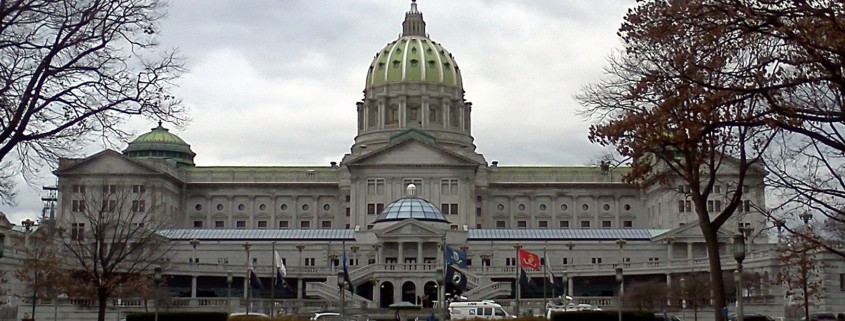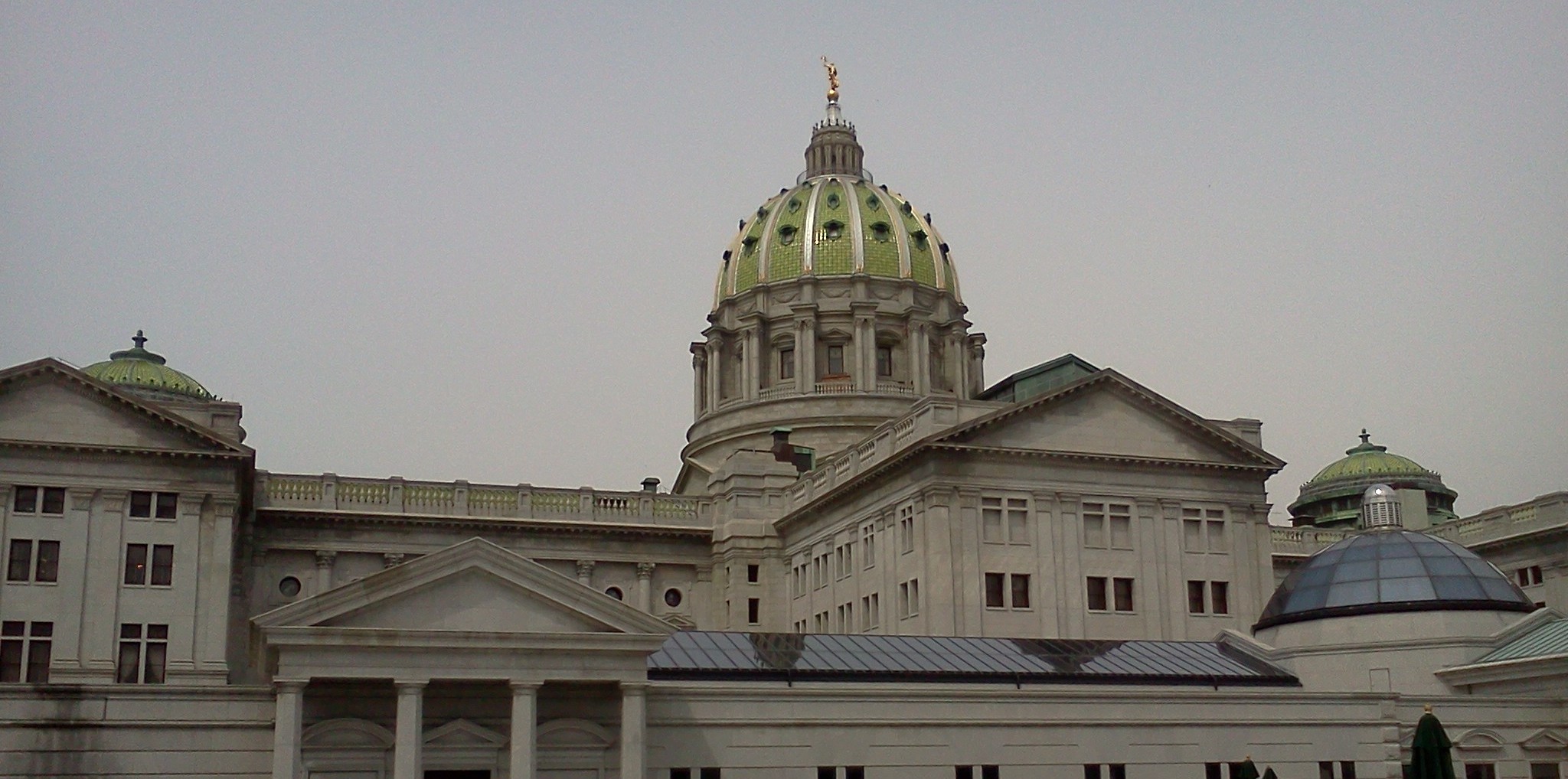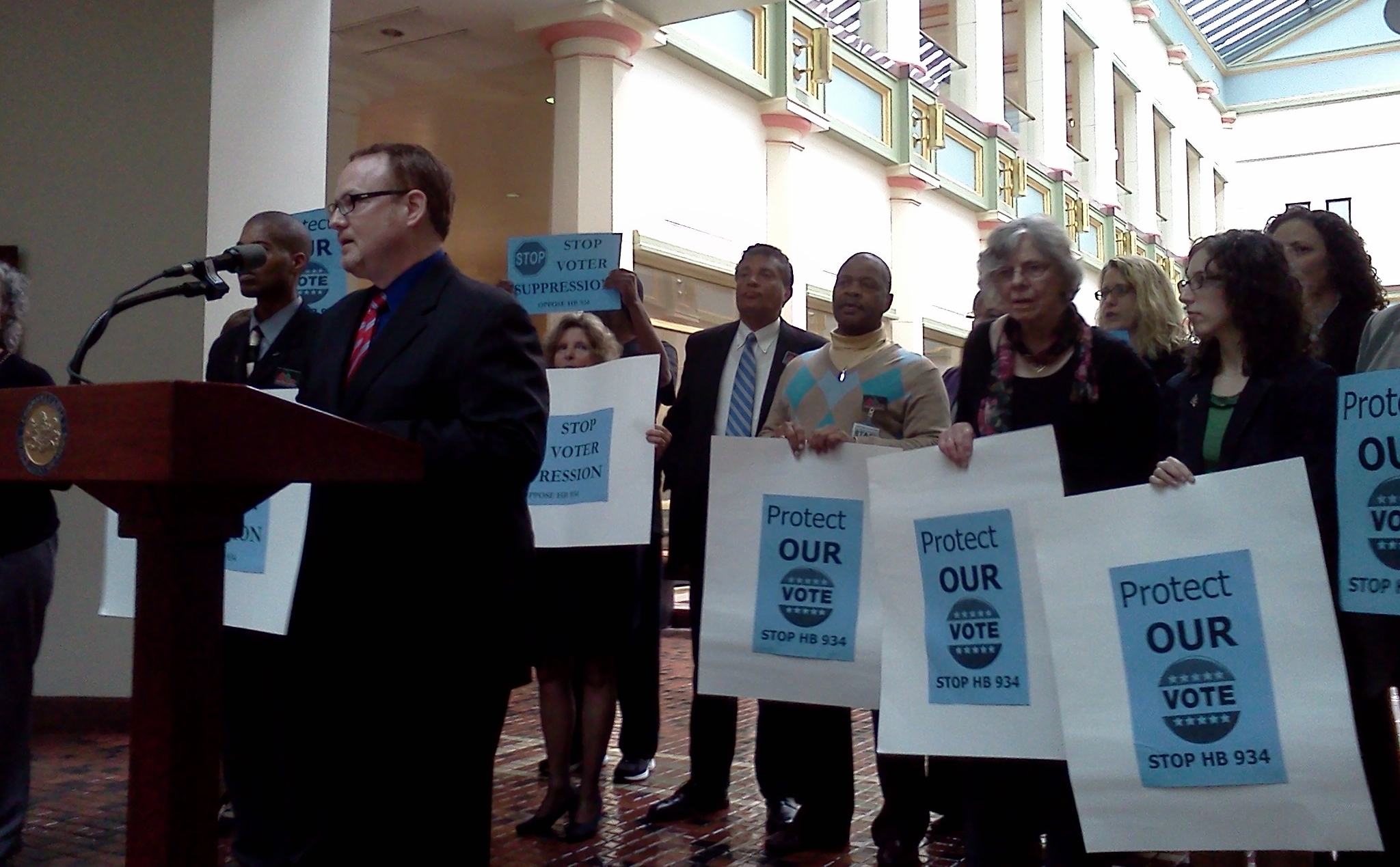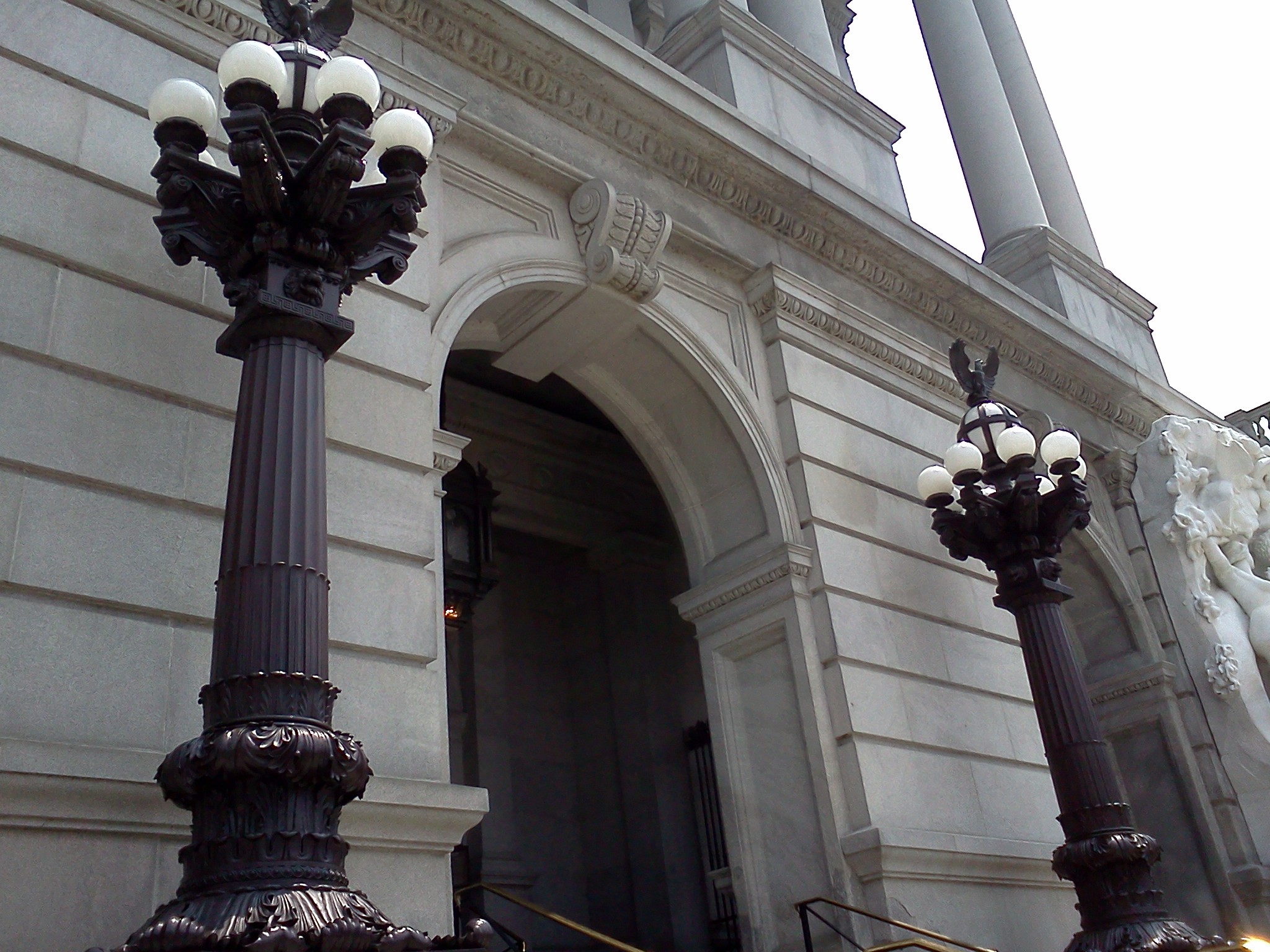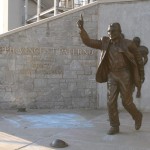Cash-strapped Cities Take Center Stage
As PA’s list of financially distressed cities continues to grow, some say the system is broken. “Fiscal distress is inevitable under existing state laws that govern municipalities,” says York Mayor Kim Bracey, while testifying before a joint panel of House and Senate committees. Bracey was one of a group of mayors that converged on the capitol to urge lawmakers not just to tweak Act 47, but to take the necessary steps to keep cities out of it.
State Senator Jane Earll (R-Erie) knows that governments of all shapes and sizes are under pressure. “Really the discussion comes back to, what are the cost drivers forcing municipalities into the distressed status that we see increasing numbers falling into,” says Earll, who chairs the Senate Community, Economic and Recreational Development Committee.
Many officials told the panel that difficult and unpopular decisions need to be made. Reading Mayor Tom McMahon tells Radio PA that cities need a menu of local options to support municipal services. “You can cut, cut, cut, and we can reduce our expenses, but at some point we need to diversify our revenue – not increase it necessarily – but diversify.”
Mayor McMahon is President of the Pennsylvania League of Cities and Municipalities, which points to its 2010 Core Communities in Crisis Report. That report lists multiple ideas for supporting municipal services, including a county option 1% local sales tax. “We have not been able to get that for third class cities,” McMahon says, referring sales tax flexibility in Philadelphia and Pittsburgh.
Other unpopular revenue options the report suggests to preserve Pennsylvania’s cities, include: a 10% local tax on the retail sales of alcohol, which could be tied to public safety services, and a “sugared drink” tax, which could be tied to local health programs. Stakeholders are already lining up in opposition. For instance, the Pennsylvania Beverage Association says the last thing we need in a down economy is higher taxes on our groceries.
Beyond revenue, state law governing arbitration proved to be another hot topic at Thursday’s hearing. The state Supreme Court recently told the city of Scranton that it must pay arbitration awards for police and fire unions, despite its Act 47 status. Scranton Mayor Chris Doherty called the ruling a slap in the face.


